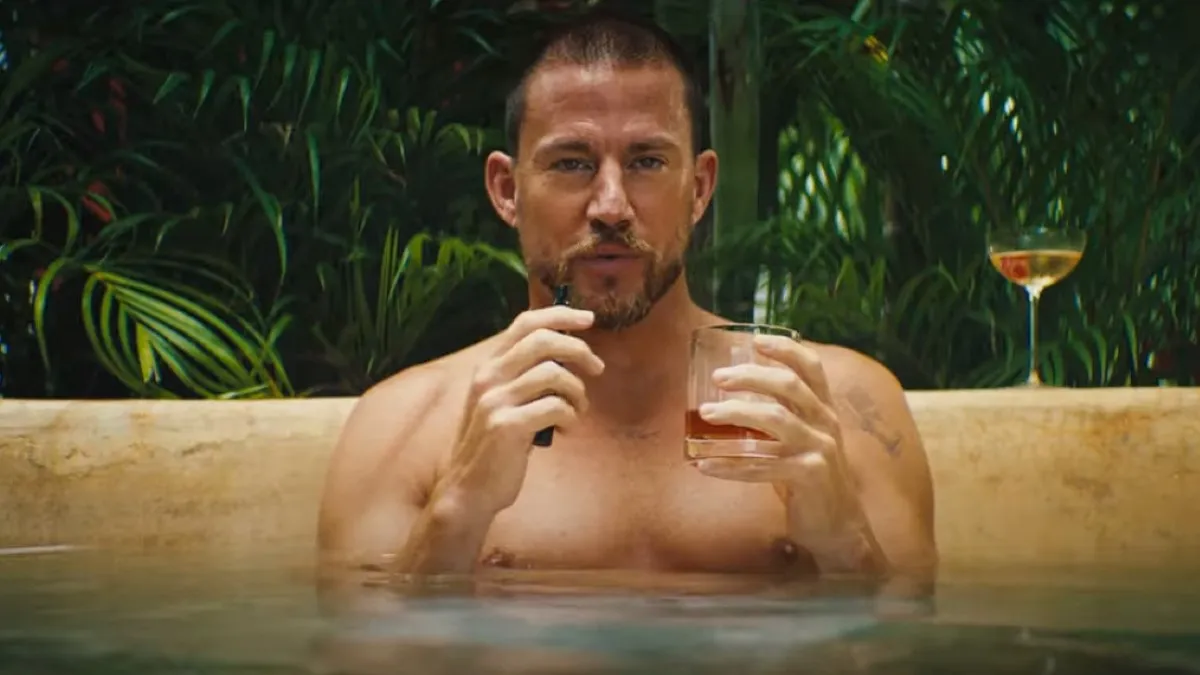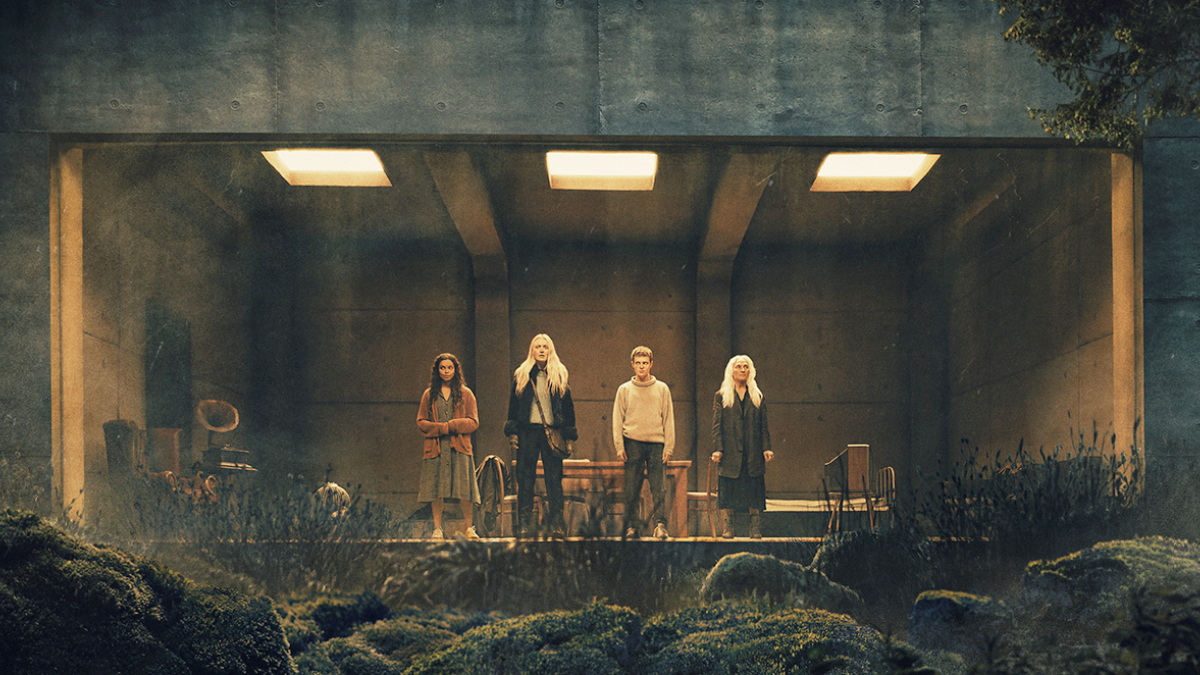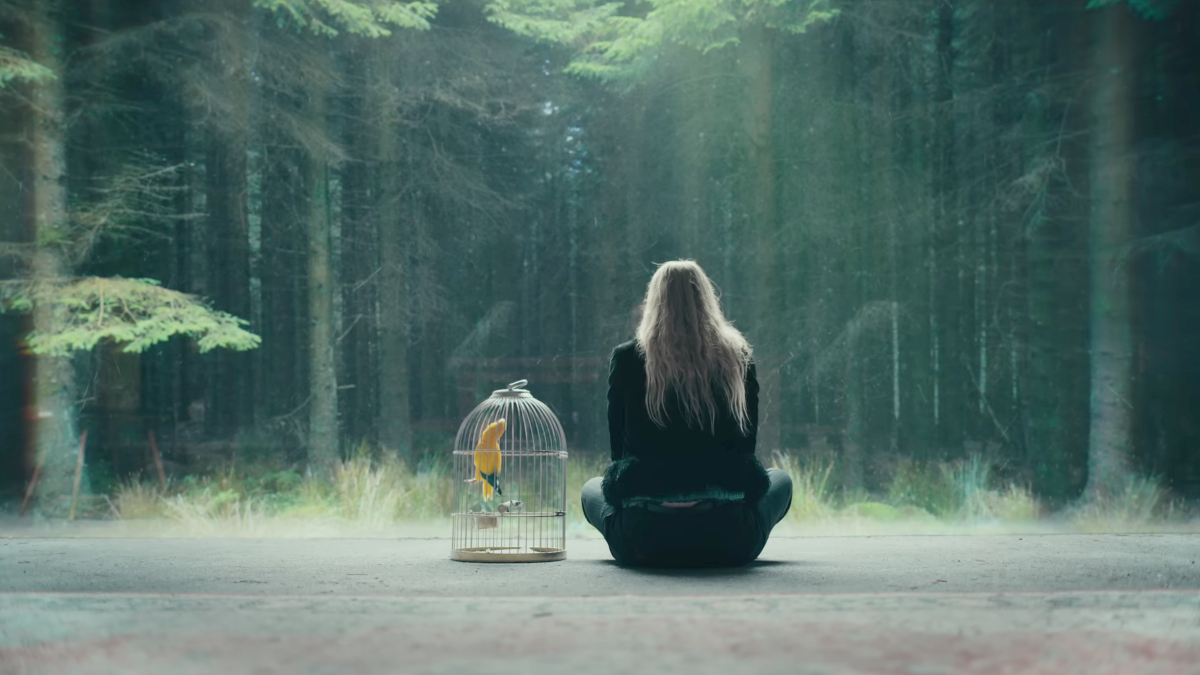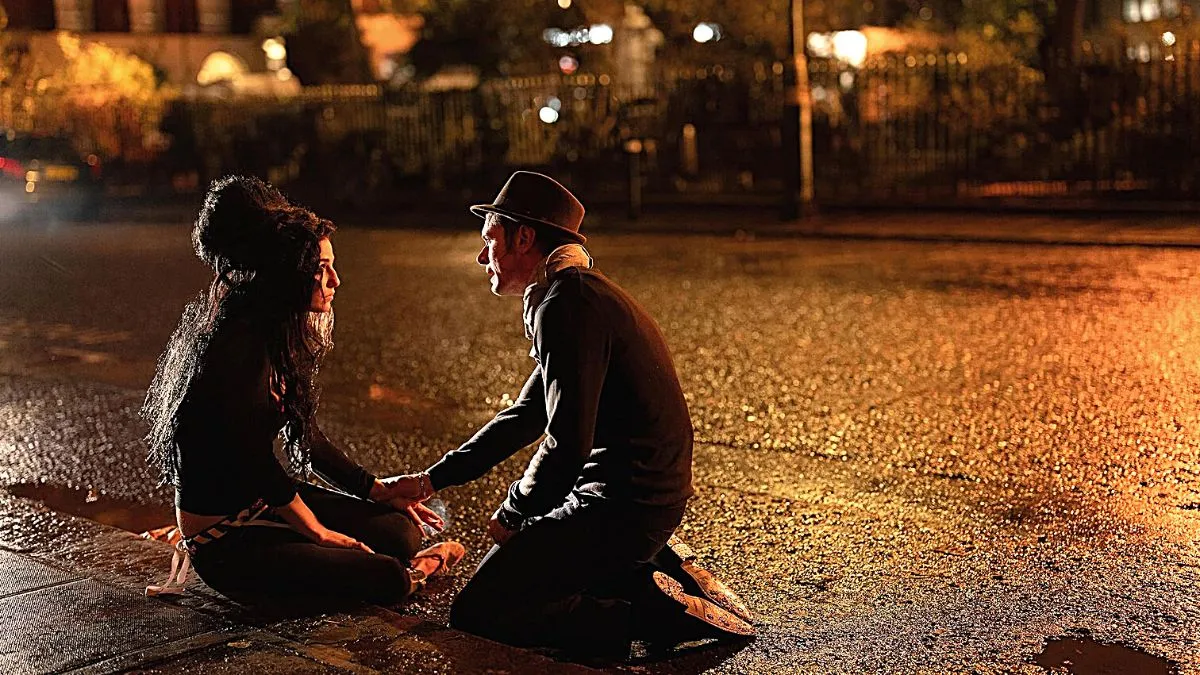
Every year, as of late, the Academy Awards put on a show attempting to ‘reinvent’ or ‘reinvigorate’ their telecast, and every year, they come up pretty dramatically short – sometimes more staggeringly than others.
Tonight, I am sad to report, was one of their bigger misfires; perhaps not as completely, overwhelmingly inept as the year James Franco and Anne Hathaway co-hosted, but filled with more than enough bad jokes, uncomfortable moments, terrible writing, and technical incompetence to make the experience largely painful. I do not like the Oscars even during the best of times, but this was a particularly bad telecast, for instead of trying to reinvent their image in any substantive way, the Academy simply decided to phone it in this year.
It all starts, it must be said, with a truly awful host: Seth MacFarlane. I do not, as a point of full disclosure, like MacFarlane, finding him a mediocre comedian at best, and a horrid storyteller in every medium he conquers. I was not looking forward to his hosting the Oscars, but I admitted – in my live-blog of the show – that he at least had an initially promising showing. His opening monologue – which was more of a multimedia extravaganza – was legitimately funny, if not brilliant, and was a nicely cynical and silly way to open a show that is always a little too full of itself. I liked the self-aware nature of the opening, and found it to be the stronger start to an Oscar telecast since Hugh Jackman hosted and pulled Anne Hathaway on stage.
But almost immediately after the show itself got underway, MacFarlane began bombing, and bombing hard. Every joke was delivered with a smug, self-satisfied sense of undeserved cleverness, and on the occasions when he was fully aware a joke flopped, he never failed to turn it into a lazy moment of increasingly stale self-deprecation. MacFarlane basically had one style of joke from start to finish – make a bad joke and pretend he knew it was bad all along – the only variation being when he poked fun at people in the room. It was not ‘risky’ humor, or even particularly offensive. Just dumb, ‘shock’ gags designed to earn a cheap laugh, giving the pretense of being ‘edgy’ without actually offering anything of substance.
MacFarlane held himself well on stage, and continues to prove himself a very adept public speaker and announcer, but he was not a funny host, or an insightful one. Mostly, he just wasted space and time – sticking around far longer than most Oscar hosts do – serving as a constant distraction from what actually stood out in this year’s show: The winners.
Even though I personally disagree with many of the awards handed out, 2012 was a wonderful year for film, and that was reflected across the nominees, top to bottom. There were a lot of more-than-deserving winners – Jennifer Lawrence, Anne Hathaway, Christoph Waltz, Daniel Day-Lewis, Adele, and my personal favorite, Quentin Tarantino – all of whom gave very good acceptance speeches, but at every turn, tonight’s show seemed oddly removed from these highlights. MacFarlane was never disengaged, but he hardly seemed interested in the art of film or the quality of talent in the room, and on a larger, production-level scale, the show itself seemed utterly disinterested in reflecting the reality of the current cinematic landscape.
Case in point: Tonight’s strange, inexplicable, and often uncomfortable emphasis on movie musicals. Never mind the fact that only one nominated film this year, Les Miserables, was actually a musical. Just considering that the movie musical has not, at any point in this millennium, been a relevant part of the cinematic medium was enough to have me scratching my head time and time again. MacFarlane and other presenters kept trying to convince us that Chicago was a film that “changed everything” (despite having no discernable impact on the medium whatsoever) or that Dreamgirls somehow bears relevance several years later (and I say this as someone who greatly enjoyed the film when it came out). The oddity of making Les Miserables – a film that was never, at any point of this Oscar cycle, even close to a Best Picture frontrunner – the centerpiece of much of tonight’s show is indicative of this larger myopia, and by the time the film got its own major performance segment – something none of the other Best Picture nominees earned – I was actively uncomfortable with the whole ordeal.
Worst of all, several portions of the telecast were downright disrespectful to the films and artists being honored, especially when it came to the technical categories. The VFX artists from Life of Pi – who did truly remarkable work on their film – were played off by a wildly overbearing use of Jaws score, quickly setting a precedent where none of the technical artists were allotted the time to say anything substantive. Sandra Bullock completely missed the point of editing, and eventually turned it into an awful, self-serving joke, when presenting the Editing Oscar. The ‘Avengers’ actors started out trying to pay homage to cinematography and VFX, but eventually could not be bothered to pretend they cared about the categories at all. And the director of Searching for Sugar Man was actually played off while trying to pay tribute to the subject of his winning documentary.
But in the absolute low-point of tonight’s show, Mark Wahlberg and an animated Ted came on to present the sound awards, only to deliver a string of crass, anti-Semitic jokes instead of saying a single word about the importance of the sound categories. The awards were treated as afterthoughts, if not something less, and everyone in the room suddenly found themselves eating crow when, for the first time since 1994, a tie occurred. Both Zero Dark Thirty and Skyfall won for Best Sound Editing, proving that these categories do bear relevance, and that picking the winner is not an arbitrary, trivial joke to be shoved under the rug. It was a stunningly incompetent presentation of the awards, one that not only misunderstood and insulted the categories being showcased, but actively offended me as a student of film.
Technically, the show was an abhorrent mess top-to-bottom, with confusing choices of music, wretched audio mixing – Adele could not be heard during the chorus of her “Skyfall” performance – and wildly inept pacing issues. The show ran a full half-hour long, but could have come in on time if the James Bond tribute – nice in theory, but completely flaccid in execution – and the 20-minute musical tribute – which served only to pimp a film that had no chance at winning – had been cut.
This is only scratching the surface. The Oscars were a mess tonight, and that is especially disappointing in a year where the films themselves gave the Academy plenty of opportunities to craft a great, memorable show. The presenters who were not afraid of being played off by Jaws delivered some fantastic, emotional speeches, and I already have fond memories of seeing how people like Anne Hathaway (“it came true!”), Jennifer Lawrence (who tripped coming up to the stage, and proceeded to be her unique, lovable self through a gracious speech), Christoph Waltz (who quoted his character in thanking Tarantino), and especially Ben Affleck (whose speech was the inspiring moment of the night) reacted to winning. The clip packages built for the 9 Best Picture nominees did a reasonably good job highlighting how these films succeeded, proving that the pieces were there to offer a truly smart, insightful, and meaningful celebration of modern film.
But that is not what we got. At all. The Oscars have tried being hip, pandering old, going broad, and everything else under the sun in their desperate attempts to remain relevant, but tonight, the Academy finally just said “f*** it,” threw in the towel, and basically chose to let the show run itself, all in a year where they were beckoned to put their best foot forth. The 85th Academy Awards were the laziest Academy Awards in recent memory, and while professional obligations may force me to cover the show in the future, any enthusiasm I had for the Oscars in the past has been completely, thoroughly erased.






